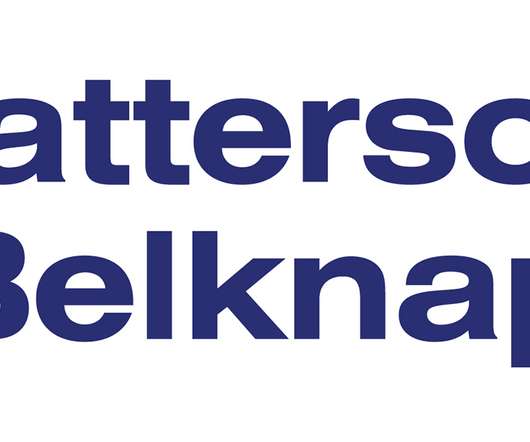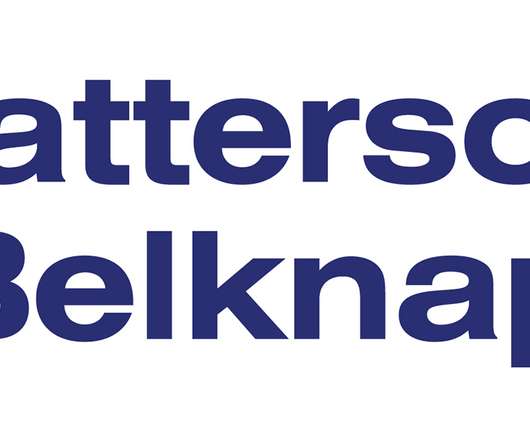When a Company Goes Into Administration or Liquidation Who Gets Paid First?
Hudson Weir
FEBRUARY 28, 2023
Those the business owes money to are known as creditors. In this blog, let’s look at which creditors are paid first if the organisation ultimately becomes insolvent and its assets are sold to repay the balance due (a winding-up or liquidation). Secured creditors include leasing companies and banks.













Let's personalize your content